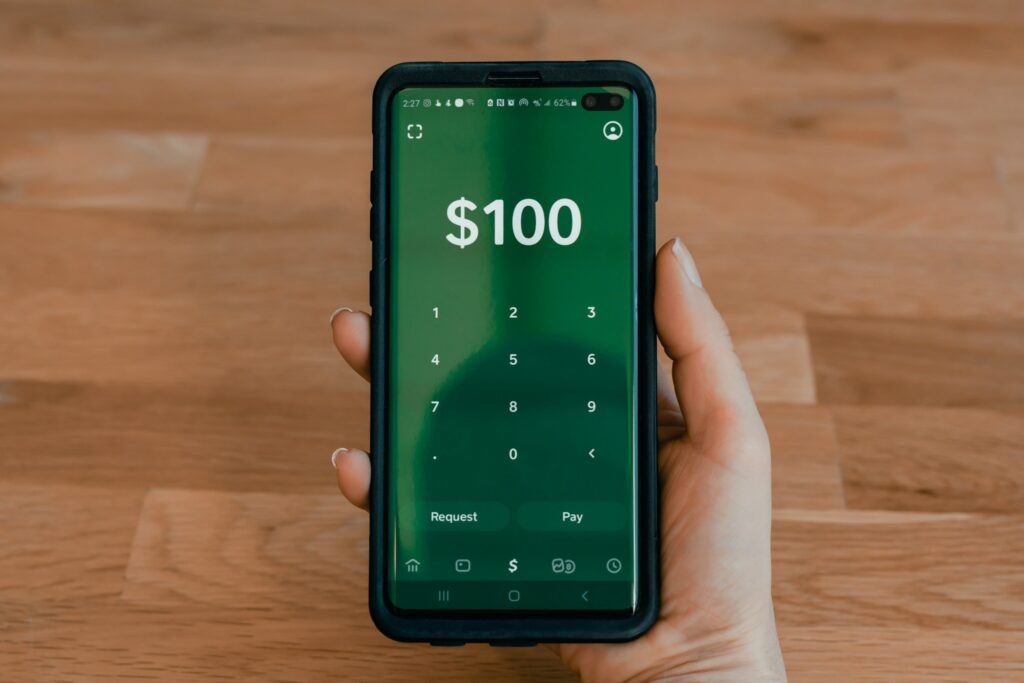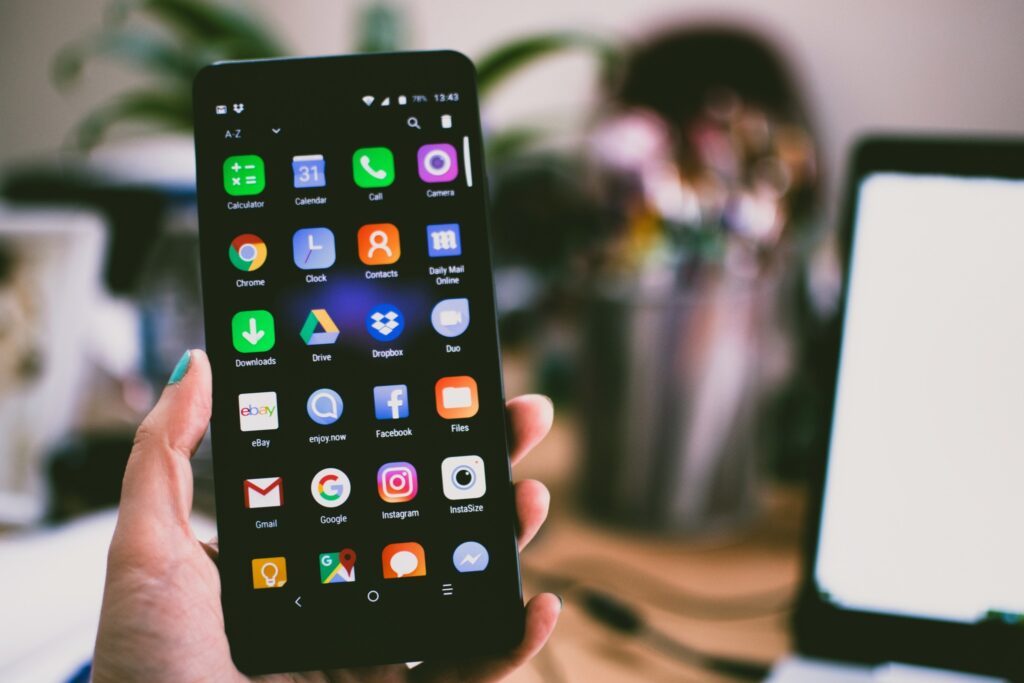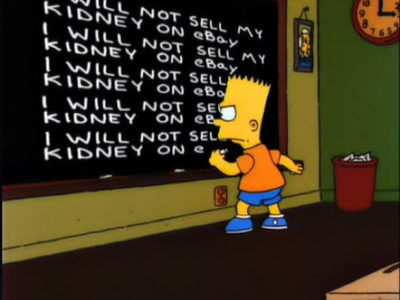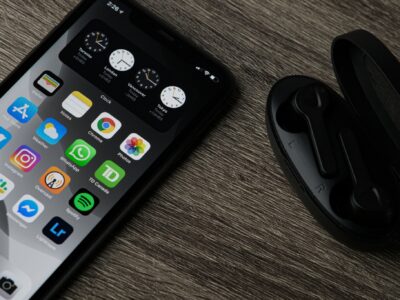The ease of online ordering and the fact that we barely even have to pull our cards out of our wallets to pay for anything anymore has made it harder than ever to stick to a budget. Impulse buys seem inevitable. Luckily, there are quite a few things you can implement in your busy life that could end up saving you a lot of money. Did you know you can rent a lot more than books from your school library? Or that Facebook has a group for anything you could ever want? This list includes a lot of great ideas that may help you save a lot of money too.
Read on to learn how you could spend less and save more.
1. Use Promo Codes

Let’s face it: pretty much everything you can buy in a store, you can also buy online. Considering that we spend most of our time staring at our phones and laptops, we have constant access to almost everything we could ever want. One click and two days later, you find those sneakers you really wanted but couldn’t really afford sitting outside of your front door. Next time, look for promo codes.
“I order a lot of stuff online, and looking for a promo code is the equivalent of cutting coupons. Just a quick search will get me at least free shipping, and many times I can get 10-20% off my purchase for just a few minutes of work,” Arizona State University graduate student Perrijwan Collins said.
A simple Google search can end up saving you a lot of money. Just last week, I used this money-saving method to get a 20% discount on an item from a store I have never shopped at before. I felt way better about my purchase just in case the item didn’t quite live up to my expectations. You might not feel so bad about that impulsive sneaker purchase had you taken a few minutes to search for a money-saving promo code. Before you hit “complete purchase,” you may want to take a few minutes to search for a promo code. If you like to shop online, this can be a huge money saver for you.
2. Money-Saving Apps

As I mentioned above, we spend most of our day staring at our phones. We may as well use our beloved devices to save money. When Apple says, “There’s an app for that,” they mean it. Most banks have apps that allow you to check your balance throughout the day and can even send you notifications if you go beyond your spending limit. Mint, another money-saving app, syncs all your accounts and credit cards to help you keep track of your budget. One of my personal favorite apps, Groupon, allows you to save money on not only the things you buy every day but also on things like unique experiences and restaurants. I recently bought tickets for 50% off a 1-hour jump at a trampoline park. These are only a few of the many apps that can benefit your spending habits.
3. Do you really need all those subscriptions?

Do you really feel like that subscription to Uber Eats is saving you money? Why pay $9.99/month for free delivery from Uber Eats when you probably can’t afford to have your food delivered that much anyway? They require you to spend at least $15 to get the free delivery in the first place. Add the “fees” and tip, and you just spent $20 to save $3 on delivery. Does one person really need $15 worth of McDonald’s? No, I don’t think so. Subscriptions to streaming services can also put a dent in your budget.
“Focus on a subscription that has content you’re really interested in, watch those, then switch to a different subscription with content you wanna watch later. If you’re subscribed to a bunch of those services all at the same time, that can really be a hefty monthly cost,” Arizona State University freshman Luis Daniel Acosta said.
We all love sharing passwords, but only so many people can use one Netflix account at a time. Are you really binging The Handmaid’s Tale and Ozark at the same time? Probably not. Most of these subscriptions cost around $10 a month. Why pay $50 for five different subscriptions each month when you only need one at a time?
4. Carry Cash

Credit and debit cards have tons of benefits, but these benefits have made it easier than ever to lose track of our budgets. Thanks to Apple Pay and Google Pay, we no longer even have to take our cards out to pay for anything. While we all love the convenience of this, it becomes difficult to see how much you actually spend each day. A good way to make sure you don’t overspend is to carry a set amount of cash. Give yourself a limit each day. When you notice your cash supply getting lower and lower throughout the day, you’ll likely be inclined to spend less.
5. Student Discounts

You probably already know about student discounts, but do you know how many discounts you actually have available to you as a student? We all know about the obvious discounts, such as Microsoft and various other computer programs, but did you know that students can also get discounts on things like streaming subscriptions and Amazon Prime? Also, when COVID hit in 2020, several promotional websites began to offer significant discounts to students on bigger brand name companies like Nike and Adidas, and they still apply today. On top of that, depending on where you go to school, you can get discounts to local restaurants, theaters, and even state parks.
6. Accountability Partner

We all want to stick to our budget, but sometimes impulse buys become inevitable. You gave yourself a spending limit of $10/day, but you just saw this $30 t-shirt that you decided you absolutely need. An accountability partner comes in handy for just this situation. You can choose anyone you want. Your boyfriend, your best friend, your roommate, it doesn’t matter. Text them before you walk out of the store with the t-shirt you can’t afford. They can help you decide if you really want to spend three times your daily budget. Even if they don’t get back to you right away, at least you took a minute to pause and think about it on your own before making the purchase.
7. Library Resources

Since we can access almost everything we need through our phones, we tend to forget about other, more wholesome money-saving options. An example? The library. Of course, we know we can get free Wi-Fi and access to countless books, articles and other types of media, but the library actually has many more benefits that can potentially save you a lot of money.
“I borrow a free hotspot, free board games for parties, free streaming through Kanopy, free audiobooks through hoopla, free DVDs, CDs and even kitchen appliances or musical instruments,” Arizona State University senior Elisha Hernandez said.
Yes. You read that right. Kitchen appliances and musical instruments. That surprised me too. I checked out ASU’s website, and our library even rents out equipment such as laptop chargers, headphones and Xboxes.
8. 24-Hour Rule

I use the 24-hour rule when I find myself wanting to impulse buy something online. I tend to get really excited when I see something I like, and obviously, I must buy it immediately. Unfortunately, my budget doesn’t always agree with my level of excitement, and the excitement eventually turns to regret. The 24-hour rule has saved me from myself more than once. I put the item in my cart; however, rather than clicking “complete purchase,” I wait 24 hours. A lot of times, when I go back to my cart the next day, it turns out the item is not nearly as exciting as it was the day before. I have saved myself from making regretful purchases more times than I can count thanks to this tip.
9. Facebook

I did not know until recently that you can find pretty much everything you could ever want somewhere on Facebook. You just have to join the right group. Considering that at least 12 groups come up when you search for anything, you can do this pretty easily. A lot of times, communities or neighborhoods have their own private groups where members often ask for or give things away. You can also find groups created specifically for the purpose of buying and selling.
“Buy Nothing neighborhood groups on Facebook often have people giving away useful items for free, and I was able to find a few free things to furnish my home with, like furniture, kitchen utensils and curtains,” Collins said.
The only thing better than cheap is free. If you look in the right place, these groups are all over Facebook. Earlier, when I said you could find anything you wanted? Last year, I asked my neighborhood Facebook group if anyone knew where I could buy a fairly cheap, nice desk. Within one hour, someone sent me a link to another page where some nice person left a desk nicer than anything I could ever afford outside their garage for free.
10. Mobile Order Groceries

We all do it. We just need a few things at the grocery store, and somehow we walk out with a cart full of food that likely expires before we have a chance to eat it. I mean, you obviously needed that block of discounted aged cheddar cheese. Mobile ordering groceries can help avoid this problem. Most grocery stores let you order online, and when you get there, they bring the groceries out to you. Certain apps often offer quick grocery delivery also. You could save a lot of money by avoiding what may seem like great deals that you probably don’t need.



















